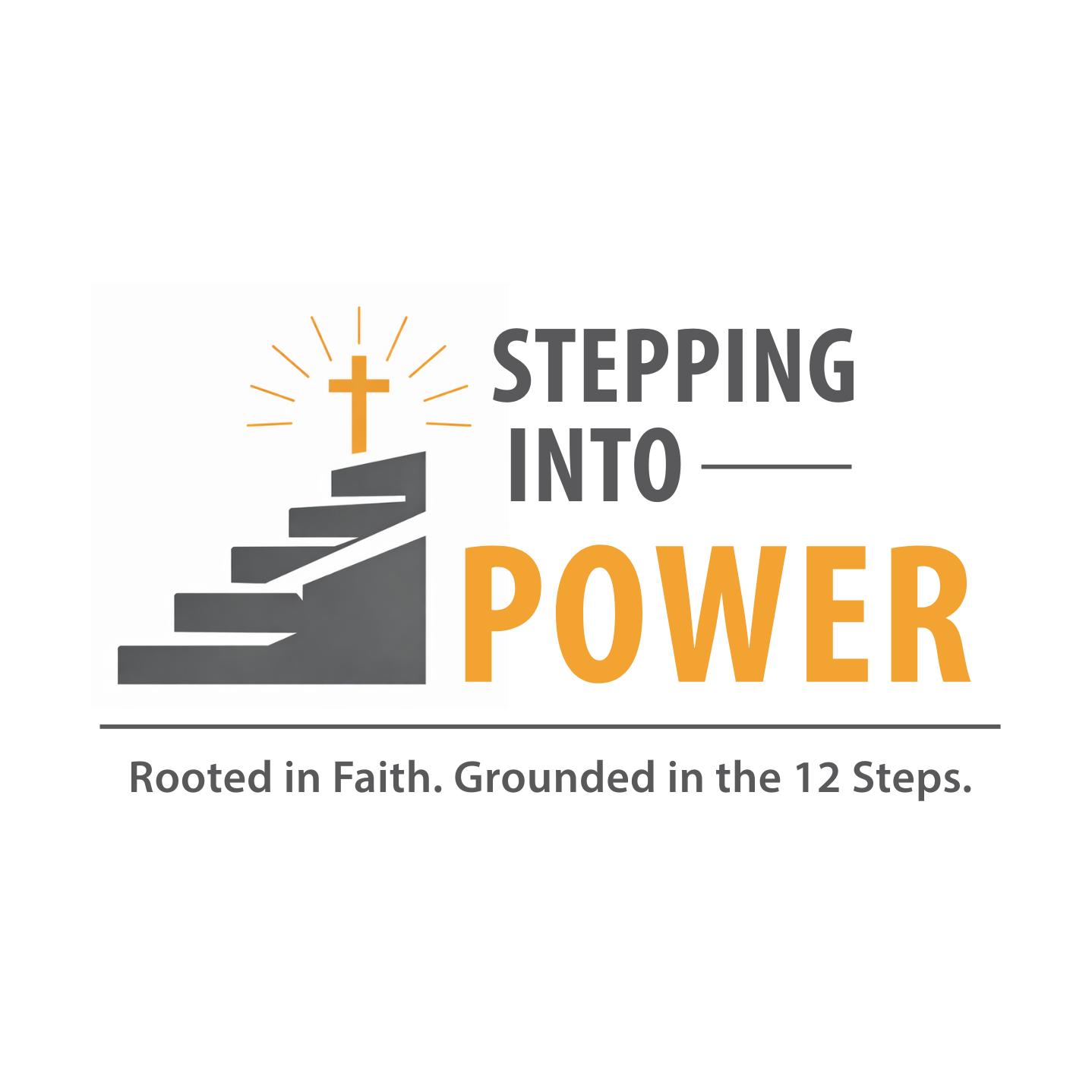STAY CONNECTED
Never miss a new post! Receive our latest blogs, recovery insights, and updates from The Dunamis Initiative right in your inbox.
If you’ve ever felt like you don’t fit in at church—or even that you’re not really wanted there—you’re not alone. In my work in addiction, I hear this all the time. People tell me they grew up with some kind of religion, but when life got messy, they felt like the church didn’t want them anymore. That’s why finding your tribe in recovery is so important.
This is where Post-Traumatic Growth in recovery comes into focus, especially in the domain of relating to others. Real growth happens when we build authentic connections in a faith-based recovery community—the kind of belonging that goes deeper than Sunday smiles and reaches into the heart of healing.
Jerry, a 44-year-old alcoholic, put it into words better than most:
“I hear talk about Jesus healing, but when I look at their website, I see pictures of a family holding hands and smiling as they walk into a sunlit field. When I look for a group I might fit into, it isn’t there. When I call for help, the very sweet lady on the phone offers me an appointment with a pastor, but the church usually sends folks with ‘alcohol issues’ to AA.”
Jerry—and so many others like him—end up in AA.
Why People Stay in Groups Like AA
The truth is, Jesus isn’t always openly welcome in those rooms. Sure, you’re allowed to call Christ your Higher Power, but talking about Him out loud? Not so much.
Still, people go. And they stay.
Why? Because they’ve been craving something most churches don’t always provide:
- Acceptance instead of judgment
- Belonging instead of loneliness
- A tribe of people who get it
When you’ve lived through addiction, what you need most isn’t another sermon—it’s people who won’t flinch when you tell your story.
Post-Traumatic Growth in Recovery: Relating to Others
One of the five domains of Post-Traumatic Growth is relating to others. This domain is all about discovering that relationships don’t have to stay fake, guarded, or shallow. They can be authentic, empathetic, and real.
- God showed the value of companionship in Creation itself.
- Anthropologists confirm that belonging to a tribe kept people alive from violence and starvation.
- Both Scripture and science agree: relationships are essential for life.
When you step into recovery, learning to relate in deeper ways often becomes the turning point.
Why Peer Support Heals
When you sit with people who’ve been where you are, something powerful happens. Sympathy might feel nice, but empathy—the I’ve been there too kind—brings real healing.
Support groups work because they offer that kind of empathy. The attitude is often:
“We’re going to love you until you learn to love yourself.”
That’s the kind of community the Bible describes in the book of Acts. Sadly, it’s missing in some modern churches. But in recovery groups, you’ll often find it alive and well:
- People remember how someone loved them through the chaos.
- They feel called to pay it forward (Step 12).
- They create space where healing flows through real connection.
The Church Can—and Should—Do Better
Here’s the truth: the church should be the first place where people find this kind of community. Too often, it isn’t.
- Doctors, counselors, and rehab centers all play important roles.
- But they can’t heal your whole self—mind, body, and spirit—without community.
- Growth happens when you surround yourself with people who understand and accept you.
If you’re in recovery (or just exploring it), finding a tribe of nonjudgmental people is one of the most important steps you can take.
How The Dunamis Initiative Helps
That’s exactly why The Dunamis Initiative exists. We help churches build recovery support groups that:
- Provide safe, judgment-free community
- Encourage growth in every area of life
- Keep Christ at the center of healing
If you or someone you love is walking the road of recovery, know this: you don’t have to do it alone. Post-Traumatic Growth in recovery happens when you find your tribe, and God is ready to meet you there.
Next Steps
For Churches:
Learn how we can help you launch a recovery group in your church. With training, resources, and ongoing support, your church can become a place of healing and growth for individuals and families impacted by addiction. Learn more here.
For Individuals:
If you’re beginning your sobriety journey, start by reaching out to your church to see if they offer a recovery group. If they don’t, check whether other churches in your community have groups available. In the meantime, our publication The Dunamis Effect is a powerful resource to guide you through faith-based recovery principles and help you take the first steps toward lasting sobriety. Learn more here.
More on Post-Traumatic Growth
This post is part of our series on Post-Traumatic Growth in recovery. Explore the other domains of PTG and how they can transform your journey:
- New Possibilities → How recovery can open doors you never imagined.
- Relating to Others → Finding your tribe and building authentic community. (You are here)
- Personal Strength → Discovering courage and resilience after trauma.
- Spiritual Change → Growing closer to God through surrender and faith.
- Appreciation of Life → Learning to value each day as a gift.
Additional Resources
If you’d like to learn more about Post-Traumatic Growth (PTG), addiction recovery, and the role of community, here are some trusted resources and research studies:
STEPPING INTO POWER SERIES
A Christ-centered walk through the 12 Steps—explored one step at a time.
The 12 Steps aren’t about shame. They’re about freedom.
Stepping Into Power is a faith-based 12-step recovery series that explores one step each month through short videos, guided reflection, and resources rooted in recovery wisdom and spiritual truth.
Available Video Content:
Series Intro: Faith-Based Recovery Through the 12 Steps
Step 1: Surrender

